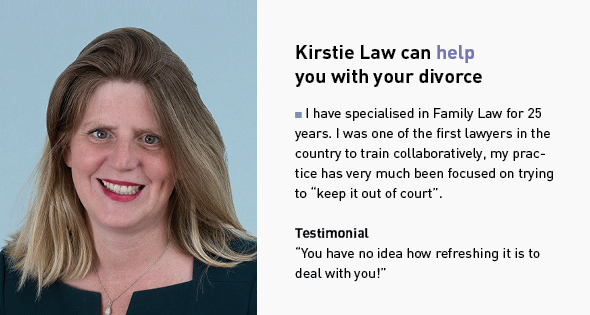When Does Child Maintenance End?

- This blog contains affiliate links, which we may receive a commission for purchases. The decision is yours, whether or not you decide to buy.
Most parents accept that they have a financial responsibility to their children, but people’s views differ considerably as to when that financial responsibility should end.
The over sixties are increasingly finding they cannot go skiing (spending the kids inheritance) because “bank of mum and dad” is expected to help with university fees, weddings, deposits for houses, necessary items on the birth of grandchildren and grandchildren’s school fees.
Adults in their forties still get assistance from their parents, sometimes termed “inheritance tax planning”. Where parents are divorced, one parent may feel increasingly resentful if the children’s requests generally come to them. So, when legally, does the requirement to assist financially end:
Unmarried couples
The Child Maintenance Service, or Child Support Agency (CSA) requires maintenance to be paid for children who are either:
- Under 16
- Under 20 and in full-time education (but not higher than A level or equivalent)
- Under 20 and living with a parent who is registered for child benefit for them
Note: with married and unmarried couples, if the parent paying child maintenance has a gross income that is higher than £156,000 per annum, it is possible to apply to the court for a top-up order)
Married couples
A lot of people are surprised to discover that the court no longer has jurisdiction to deal with child maintenance, unless both parents agree. In the same way as unmarried couples, if agreement cannot be reached, then an application should be made to the Child Maintenance Service.
In practice, however, it is not unusual for a divorce settlement to include maintenance for children and for the duration to be longer than the Child Maintenance Service. A lot of parents prefer to pay child maintenance than to pay maintenance to a spouse and people will often use a “generous offer” on child maintenance as a bargaining tool.
A parent might, for example, offer to pay until the child concludes university education, including a gap year, and sometimes the payment is apportioned between the other parent and the child, so that some or all is paid direct to the child (to fund those university nights out!)
(Note: the Child Maintenance Service can only help in certain circumstances if the paying parent lives abroad, see: www.gov.uk/child-maintenance-if-one-parent-lives-abroad)
Child with special needs
A parent of a child with special needs can apply to the court for additional maintenance from the other parent to meet additional expenses as a result of the child's needs eg educational. The parent can also apply to the court for the maintenance to continue into adulthood.
A judge will, when deciding whether to order maintenance, take into account the benefits that are available to the parent and adult child at the time.
Capital claims
Financial claims on children’s behalf are not limited to maintenance. A parent may be able to apply under Schedule 1 Children Act 1989 for capital from the other parent for the child’s benefit until he/she becomes an adult eg money to buy a house to live in until the child is 18/finishes education
Written by Kirstie Law Solicitor, Collaborative Lawyer and Mediator at Thomson Snell & Passmore. www.ts-p.co.uk
CREDIT: RALPH AND JENNY
You may also like
Books
Buy now from Amazon
- The Co-Parenting Handbook
- Fair Share: How the divorce courts in England & Wales deal with your money
- The Book You Wish Your Parents Had Read THE #1 SUNDAY TIMES BESTSELLER
Podcast
If you’re looking for some straight-up, positive advice on topics that affect your daily life, then check out The Sue Atkins Parenting Show. Each week Sue bare will discuss every possible aspect of your parenting challenges, from weaning to whining, boundaries round technology to stroppy teens. You’ll get practical tips, techniques and advice that really work- and it’s all totally free.
Articles
- 8 Ways You Can Stay Financially Fit After Your Divorce
- Five Things To Let Go Of After Divorce
- Buying A Home Post Divorce Part 1
Videos
Practical advice and tips from professionals on what to do with issues and challenges around divorce from parenting to finance.
Events
Practical tips & advice designed to help people going through divorce, whether online or in person.
Useful links
Here's a selection of organistaioins from parenting to finance to help you with your divorce.


.jpg)





.jpg)






